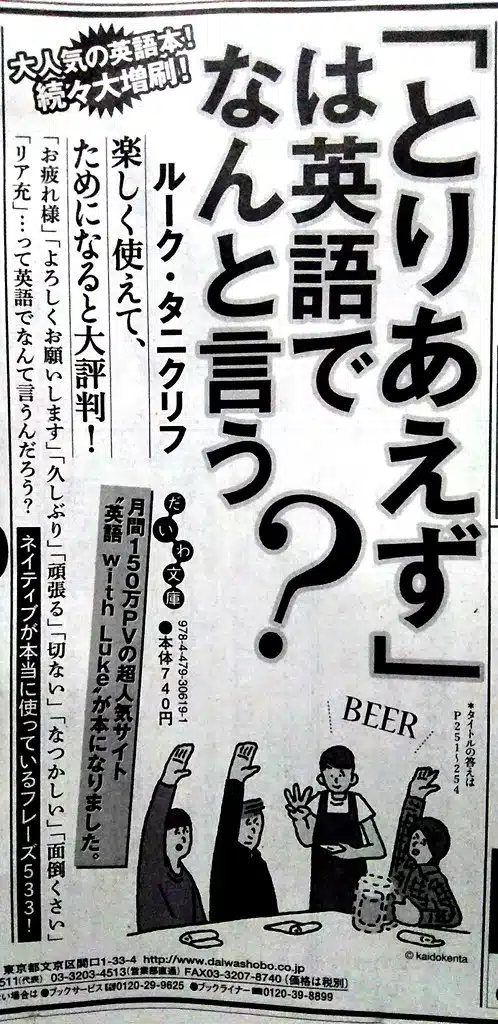Posted inQuestion about Japan
Why is Japanese so hard for English speakers?
Japanese is one of the most difficult languages for native English speakers to learn due to its unique writing system consisting three distinct scripts, five vowel sounds compared with twelve in English, complex grammar rules involving particles, varying levels formality requiring use of honorifics, difficulties understanding culture and context necessary to communicate effectively, and lack of resources available specifically tailored towards the needs of those trying to learn this fascinating yet formidable tongue. Charles R Tokoyama, CEO of Japan Insiders provides insight into why Japanese is so hard for English speakers to learn.



